
Imagine being forced to move twice in two years, your home sold out from under you and replaced by towering high rises with rents two to three times what you were paying.
That’s the story of Don and Eleanor Gorman, and it’s symbolic of hundreds of others in their Metrotown neighbourhood, an area changing rapidly under a wave of development.
The pair aren’t your prototypical senior couple; they didn’t meet until their 40’s, in the personals column of the Vancouver Sun.
Nearly thirty years ago they moved to Burnaby, building a cozy home in a one-bedroom suite much like their current one: packed with knickknacks and photos… but barely affordable at $750 dollars a month.
LISTEN: No Vacancy, Part One
The neighbourhood was a different place back then; the Expo Line had just arrived for the first time, long before big malls, and Starbucks, and sushi restaurants on every corner.
“It was like heaven,” says Eleanor.
But Don says it all changed in 2014 when the owner of their complex sold the building.
“The owner got such a big offer that he couldn’t turn it down. I think it was $40-million or something for the one building, so I guess he just couldn’t resist and he sold it? I guess it’s like winning the lottery, isn’t it?”
The pair had to pack up their lives, and quickly, because the building was zoned for demolition to make way for a high-rise condo.
Luckily, they found another rental building close by… heartened by promises it would be a permanent home. They had received an unwritten promise from their landlord and owner that the building wasn’t going anywhere.
Instead, it happened again. That building too was sold, zoned, and Don and Eleanor are once again on the move as their home faces the wrecking ball.
But it isn’t just them; the more Don and Eleanor looked around the Metrotown neighbourhood they spent three decades in, the more they didn’t recognize it: Building after building pegged for demolition.
“How many are going down on this street, five or six, something like that. And over on the other street there, too.”
“Somebody must just hate Burnaby the way it is. They must hate it. They figure it looks like a slum. I don’t think there’s anything slummy about it.”
All along Beresford and Dunblane, rental unit after rental unit sold off, zoned, and bulldozed to make way for high-rise condominiums that are well out of the Gorman’s price range.
“We like Burnaby. We like the shopping and everything. It’s been really good, but the money talks, and there you go. We were walking around some of these high rises, you know what the prices are… $1700 for a one-bedroom suite, $2200 for a one-bedroom suite. I mean that’s fine if you got that kind of money, but how many people can afford it?”
To make matters worse? Failing health. The pair have battled the flu, bronchitis, and Don lost 60% of his vision due to cataracts, all while looking for a new home.
“You go out looking, you can hardly walk.”
“We went all around and tried to find something.”
“Very tiring. We’re not that young anymore.”
Don says he feels like they’ve been let down by the City of Burnaby.
“They’re good buildings, and they’re good for another twenty or thirty years. But they’re not satisfied; they want high-rises. Or they want condominiums that sit idle for years, because people haven’t got the money to buy $400,000. Who’s got that kind of money?”
The way he sees it, if you don’t have the cash, affordable housing in the Metrotown area is no longer possible.
“That’s exactly the message I’m getting. Because we want the rich people in here to build up this community. They said Burnaby is a slum, that’s what they called all of this, one of them on the Council. He said tear it all down, and put up the high-rises and condominiums. And that’s why all this is going on.”
Don has always fancied himself as a fighter, but after a five-year battle with the City of Burnaby admits he’s too old and sick to fight anymore.
Neighbourhood in flux
That’s accelerated in recent years. On the Gormans’ block alone, housing advocates with Stop Demovictions Burnaby say 19 buildings and 234 units of rental are being lost. They add that in the entire Metrotown centre, 680 units representing 1,400 people are on the chopping block under current zoning applications.
Rick McGowan with the Metrotown Residents Association says the 1977 plan changed to the point that the low-rise, low-density apartments would be re-zoned for high-rises, and the plan was modified with almost no public consultation.
“We’re not against development. We would like a consultation process that involves the local residents and that’s not happening. I’ve always asked ‘let’s re-open the Metrotown Development Plan and talk about it’, but it’s a very top-down approach.”
And he fears the same process could be writ large across the neighbourhood.
An April proposal from the city envisions updating the Metrotown Development Plan to make the region the city’s “true downtown.”
That plan could see a vast swath of the area, currently home to two- and three-story affordable rentals, re-zoned for mid and high-rise towers, many of them 12-40 storeys tall.
That plan will undergo public consultation over the summer, with Council slated to move on it by December.
SEE: Telford Avenue is among the streets that could see 12-40 storey towers built in place of low-rise rental
LISTEN: No Vacancy Part Two – Gridlock
Political hot potato
Demonstrators are asking the city for an immediate freeze on demolitions, a guarantee of social housing, and replacement rental housing similar to policies like the City of Vancouver, but Burnaby Mayor Derek Corrigan has little time for those ideas.
He says Vancouver’s Rental Replacement policy would essentially take money from Burnaby’s already strapped property tax payers and put it in the pockets of developers as a subsidy.
Corrigan says in the long run, the changes and density will add to Burnaby’s housing stock and ease the rental crunch but admits it’ll come with a cost.
“What we found is about 30% of all the condo development is put up for rental. And in fact what’s happening is we’re more than replacing the rental units that have been demolished with more rental units. The difficulty is the affordability of those new rental units. It isn’t that they don’t exist, the question is, is it affordable?”
And he says with the city’s limited fundraising abilities, it’s simply unfair to put affordable housing in Burnaby’s lap.
“I’ve got to tell you over and over again – I resent the implication because you just do not get it. And I’m trying hard to explain very carefully to you, it’s not the city’s responsibility to ensure that people have affordable housing or social housing. We do what we can to try and help out, but it’s other orders of government who have all the levers and buttons that can be pushed in order to make those things happen.”
But with the hot potato of responsibility passed up to the Province, B.C.’s Mminister for Housing Rich Coleman is passing it right back.
“That’s just laughable, particularly in that municipality that’s never put up a piece of land or contributed anything for affordable housing with regards to the stuff that we do. You take people like Vancouver who come up with pieces of land… Across the province, municipalities have stepped up with land and said they want to be part of the solution for our most disadvantaged citizens and that’s just not the philosophy for the mayor of Burnaby who believes we should just build it all. We’ve been at the table ready to do stuff in Burnaby for a long time. And we continue to be and we’ve actually got a couple of projects on non-profit land that we’re doing there.”
Corrigan says he’s at the table, too.
- High-profile B.C. sex offender Randall Hopley pleads guilty to 3 charges
- White Rock stabbing suspect still at large while investigators remain tight-lipped
- BC Hydro offers free AC units to lower-income, vulnerable customers
- ‘It’s nice to be the villain’: Vancouver Canucks gear up for Game 3 in Nashville
20% of the cash the city collects from developer density bonuses goes to social housing, including $8.5 million for 180 units at Cedar Place in Southgate, and it’s put up density bonus cash for a pair of city-owned properties on Hastings and 18th Avenue.
Too late for Metrotown?
But while the buck gets passed again and again, it’s of little help for Metrotown residents who are being evicted today, something Corrigan suggests may be inevitable.
“You must look when you go in there and say how can you live for $700 to $800 from a transit station in the middle of an urban centre? You certainly can’t do that in any other country in the world. It’s not possible… Metrotown is so valuable because it’s so close to transit. If you believe you want transit-oriented density, you have to make the hard decisions. And so it’s like if you want to make an omelet, you have to break a few eggs.”
For Don and Eleanor Gorman, that’s proved to be the case; after three decades in Burnaby, they’ve packed up and moved to New Westminster.
“I feel like we’re not welcome. I mean, what else can you say? You’re not welcome, you’re a senior. You’re not welcome. You’re disabled, you’re not welcome. A guy with a family who doesn’t make much money, you’re not welcome. This is the message that’s coming from the stupid council. You’re not welcome.”
“I don’t think Burnaby has a heart. There’s no heart behind what’s going on.”
The question now is how many will follow them.







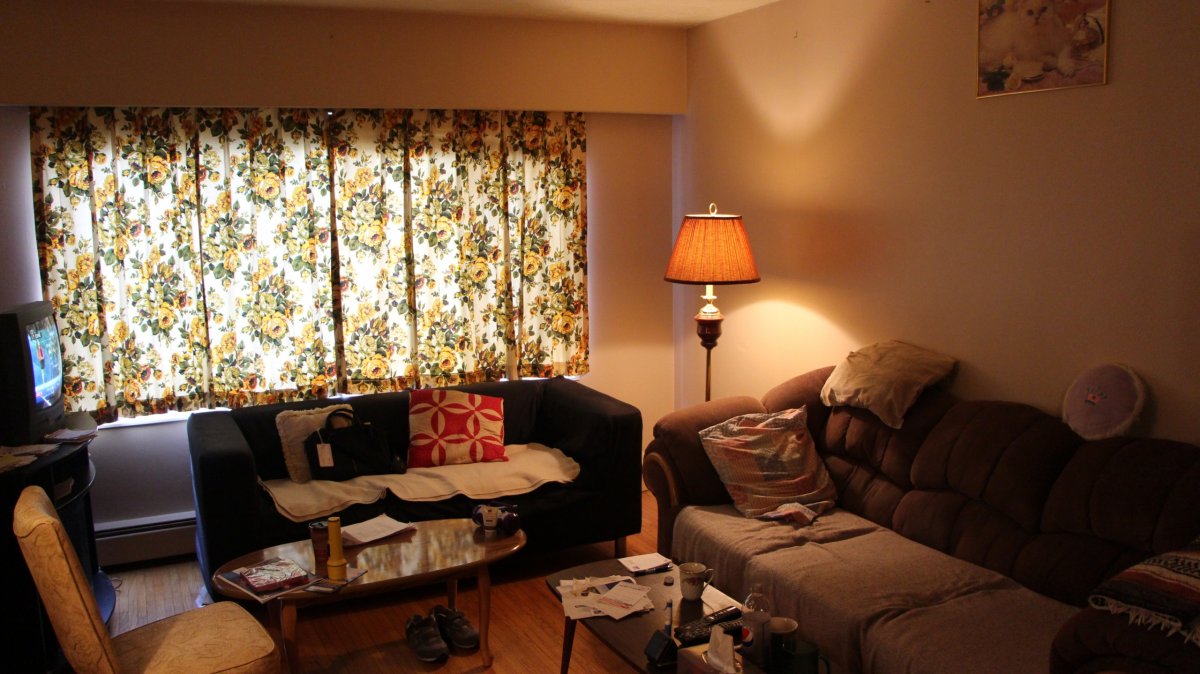
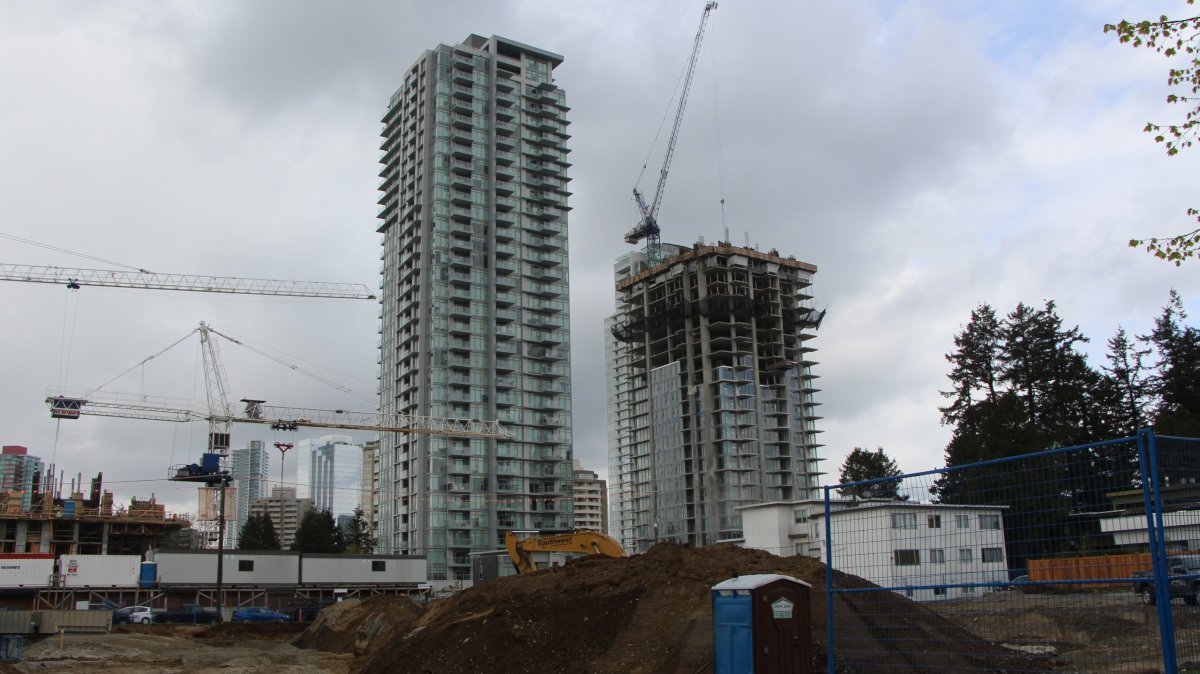
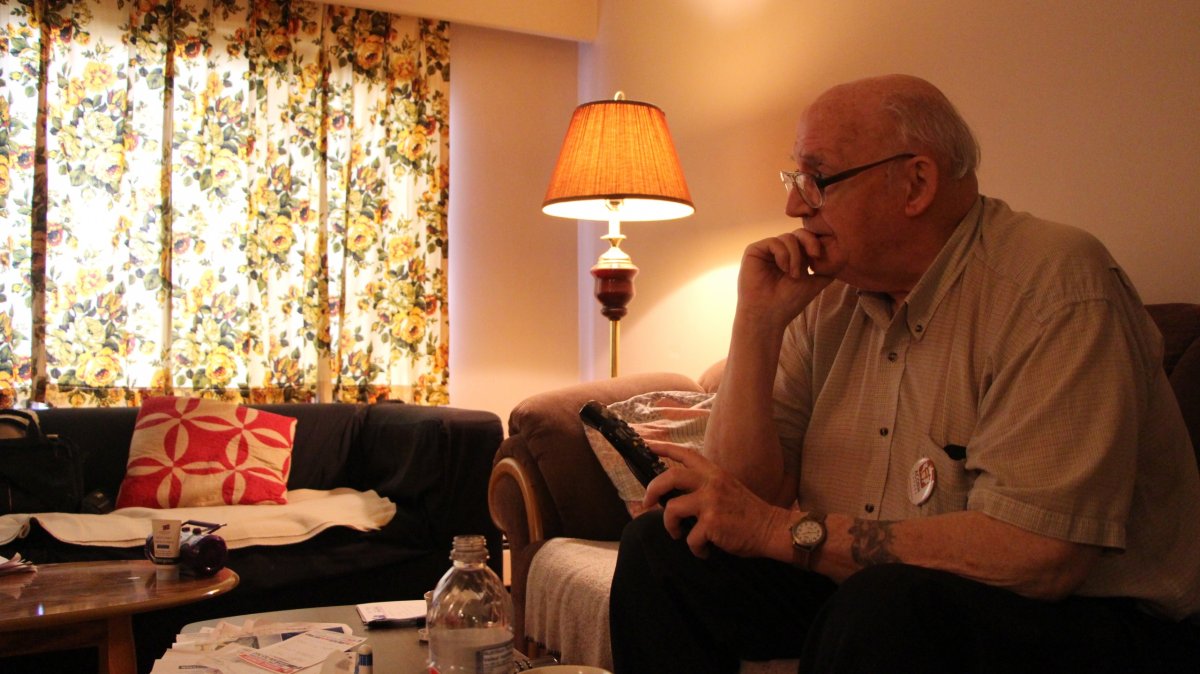
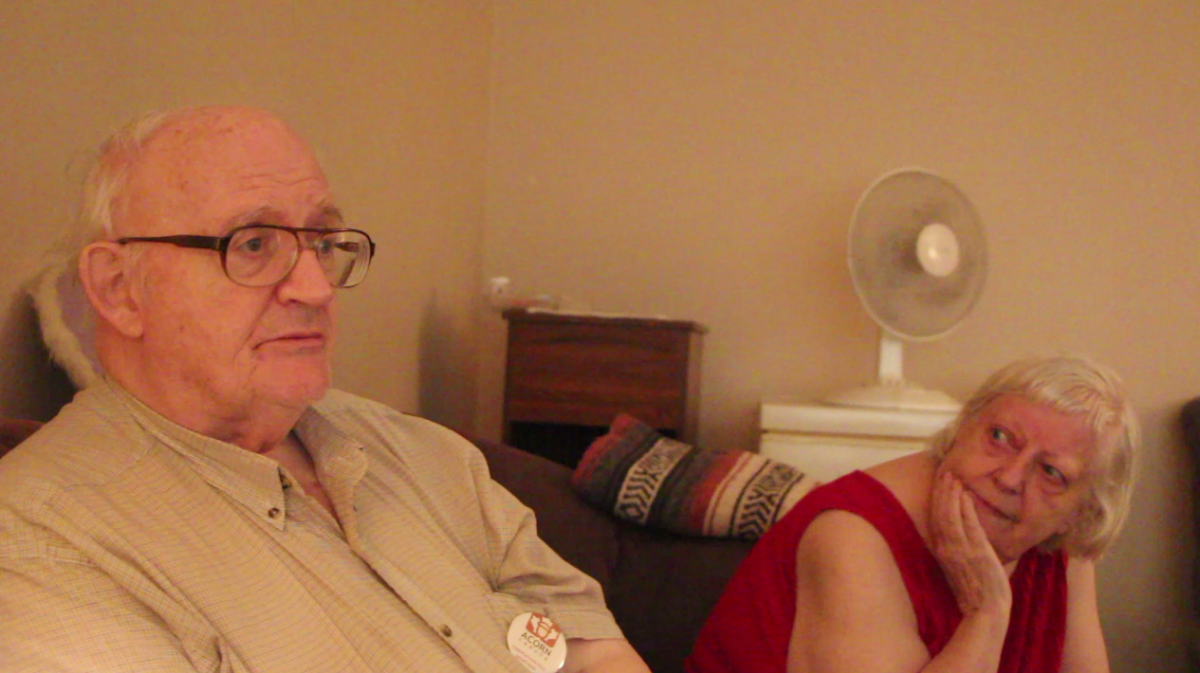



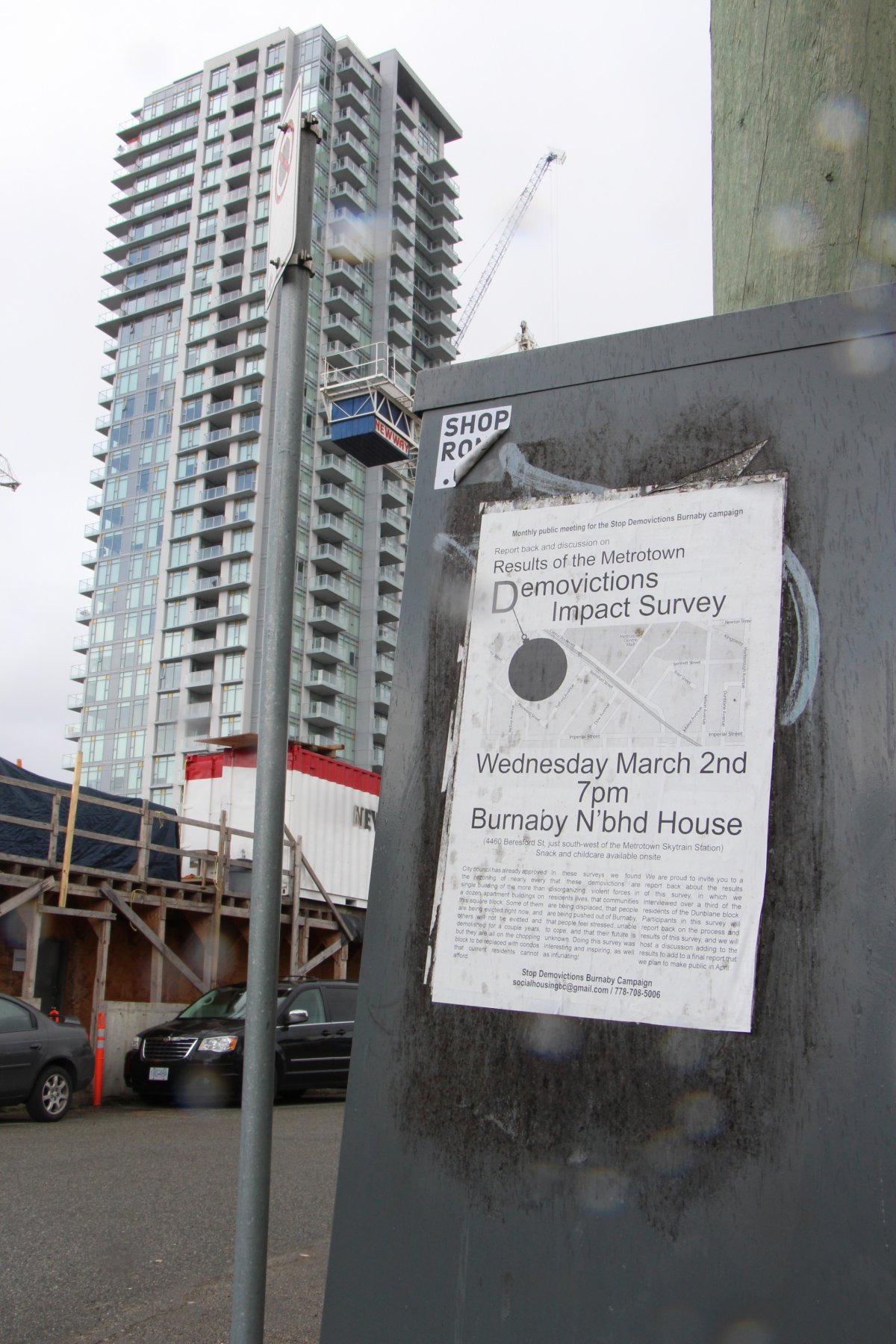
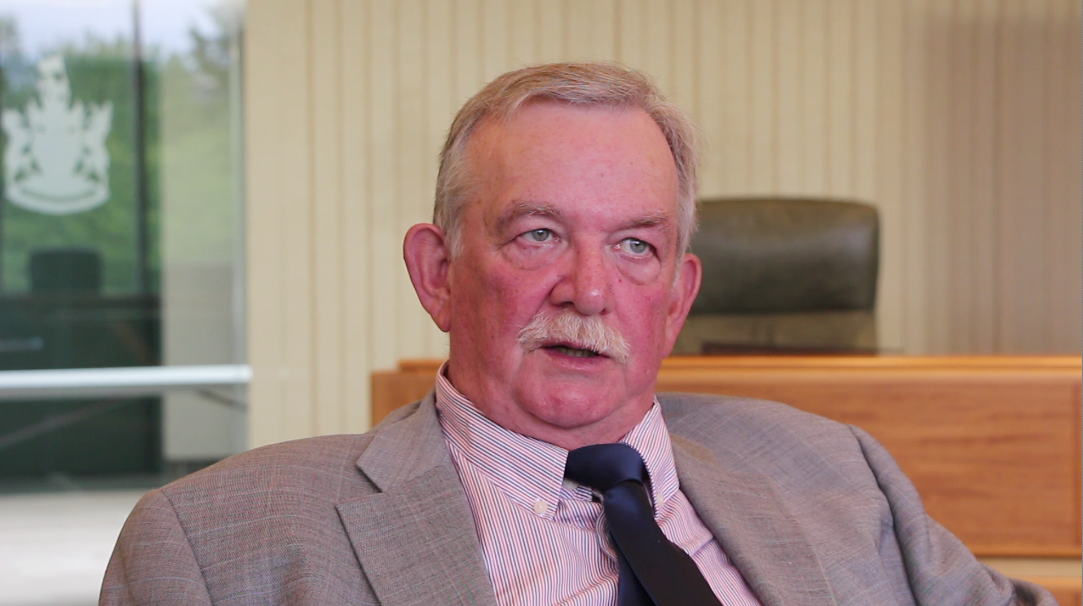

Comments